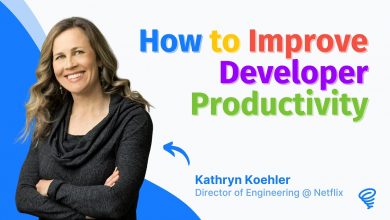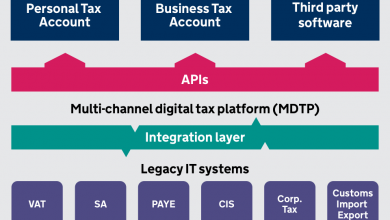Booking.com: 7 Pillars to Invest in Developer Experience
With over 2,500 engineers Booking.com operates a global scale technology platform and team to maintain and develop it.
 Speaking at the DevOps Enterprise Summit, Leo Kraan, Director of Developer Experience, Booking.com, presented: “7 Pillars to Invest in Developer Experience”.
Speaking at the DevOps Enterprise Summit, Leo Kraan, Director of Developer Experience, Booking.com, presented: “7 Pillars to Invest in Developer Experience”.
With over 2,500 engineers Booking.com operates a global scale technology platform and team to maintain and develop it, evolving through three main eras since it’s inception in 1996, from a bare metal, Perl monolith, through adoption of Kubernetes to a fully AWS-based Cloud Native platform.
This led them to realize that their software engineering approach was no longer fit for purpose, and they needed an entirely new paradigm, one that is headlined by Developed Experience.
Developed Experience
If your business relies on technology to enable your product or if you sell technology then your developers are the engine of your organization. To ensure that your business continues to deliver and scale, it’s imperative that your developers are able to spend as much of their time doing what they were hired to do: develop high-quality business code quickly.
And although this might seem pretty straight forward, it’s often hard for engineering teams to navigate as development work has become more complex and the role of a developer has in many cases become wider to include additional operational responsibilities. It’s not uncommon for a developer to spend less than half of their workday writing business code.
Developer Experience can play an important role with this challenge as its goal is to make development as frictionless and enjoyable as possible so that developers can focus on delivering high-quality code.
To build a strong Developer Experience, Leo believes there are 7 pillars to follow that will aid your design, decision making and communication:
- Customer focus culture: Ultimately the goal is to enable developers to focus on building great customer experiences.
- Shared developer workflow: A framework of processes and tools that enables your entire software workflow and empowers and encourages developer freedom.
- Unified set of tools: Tools must be well supported and documented.
- Freedom with guardrails: Clearly understood restrictions in areas like security and compliance empower the desired developer freedom. Templating is a key way to embed these controls into the tools.
- Metrics: Like many others Booking uses DORA metrics to enable a common understanding of how to measure the performance that developer freedom achieves and how well tools are delivering.
- Embedded security & compliance: Shifting security left earlier into the development process avoids the painful retrospective approach.
- Leadership culture: Senior level support is key to driving the changes and culture reinforcement of the importance of developer experience.



